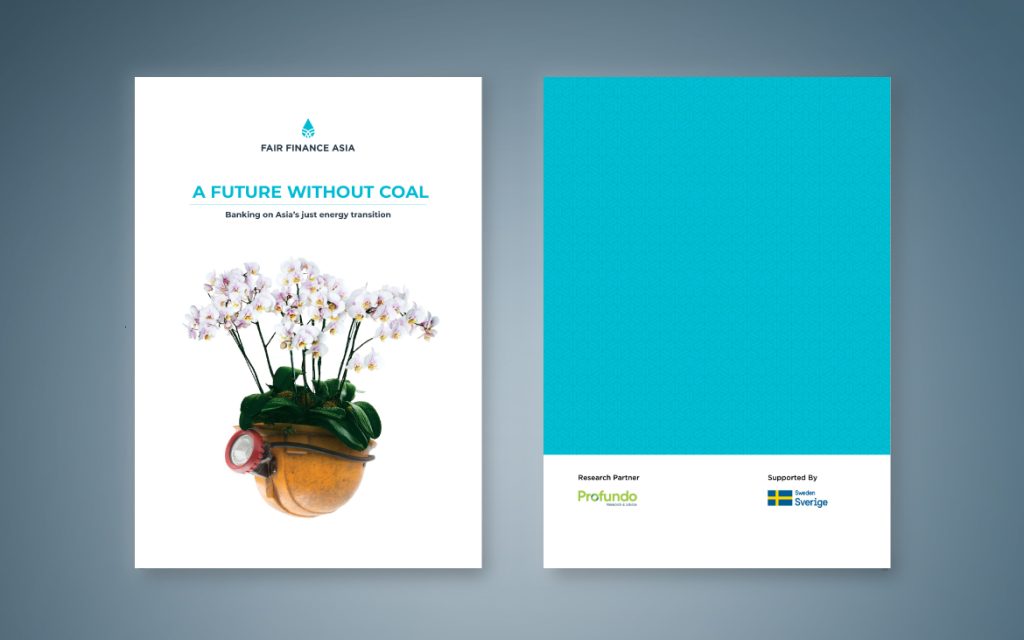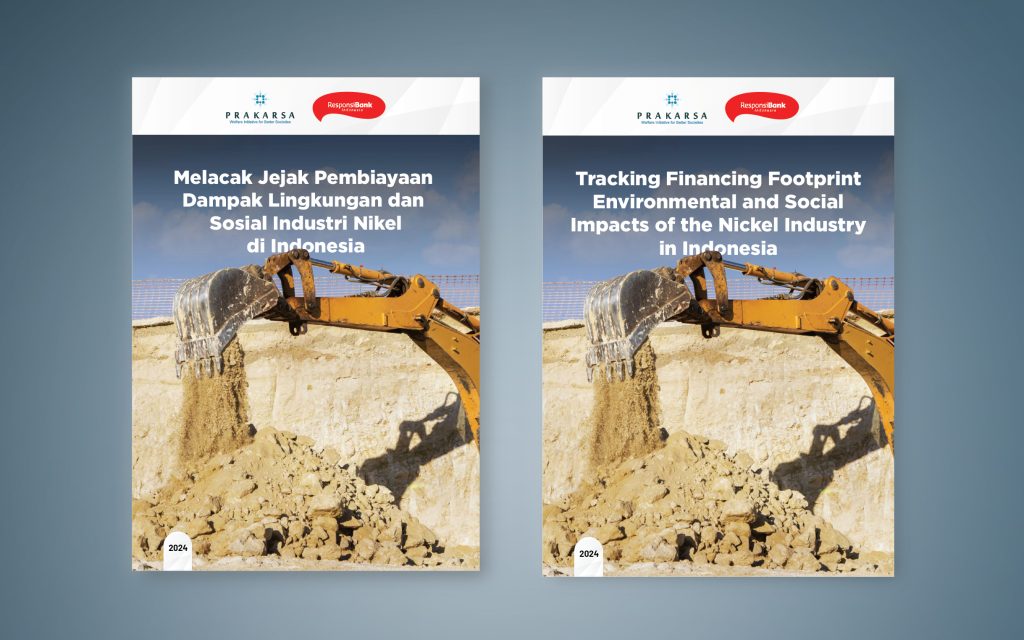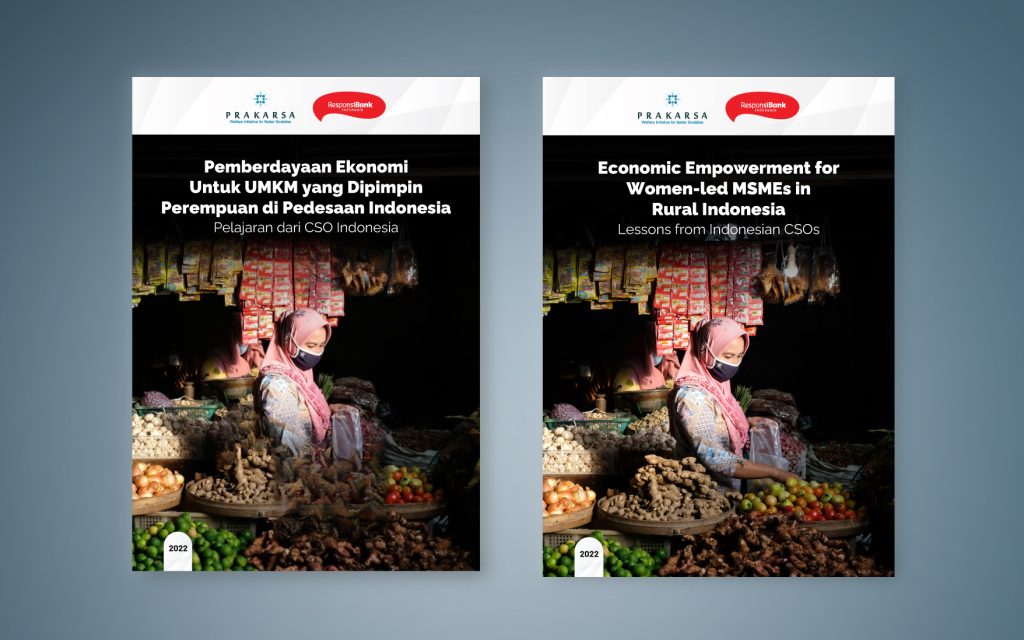
A recent study by Fair Finance Asia reveals the continued growth in Asia's coal sector even after the signing of the Paris Agreement in 2015 due to financing from banks and investors operating in the region.
In the last five years (2016-2020) since the signing of the Paris Agreement, financial institutions operating in key Asian countries identified in the latest Fair Finance Asia study have provided loans of USD 683 billion in loans and guarantee services to companies - companies active in coal mining and coal-fired power plant operations in the region. The largest investors in the coal sector, according to the study, are the Japanese Government Pension Investment Fund, Life Insurance Company India, US asset managers BlackRock and Vanguard, as well as Malaysian investors Khazanah Nasional, PNB and EPF.
Coal accounts for 74% of all electricity produced in India, 66% in China, 59% in Indonesia, 52% in the Philippines, 47% in Vietnam, and between 1% and 45% in the other eight Asian countries included in the latest study. Fair Finance Asia (FFA) in collaboration with Profundo, which focuses on countries that are the focus of the region in terms of a just energy transition. Together, these 13 countries continue to finance, operate and develop new coal-fired power projects with an estimated life cycle of 35 to 40 years, effectively derailing Asia from aligning with the IPCC's 1,5 degrees Celsius scenario.
A different vision of an energy future in Asia is urgently needed. However, substituting coal for renewables is not necessarily an easy solution, especially if such drastic shifts lead to increasing inequities in other parts of the regional and global energy system. Therefore, this study highlights the call of the Fair Finance Asia network:
- Asian financial sector to immediately stop coal funding at home and abroad.
- Asian leaders to focus on implementing an energy transition strategy that is just and time-bound, which respects people's rights and active participation in the planning of major energy projects; protecting workers' rights by mainstreaming Human Rights Due Diligence (HDD) during the energy transition period; and safeguarding people's health, livelihoods, culture, and cultural heritage.
- Civil society across Asia and the world to work together more collaboratively in monitoring the progress of financial sector commitments and initiatives to reduce the use of fossil fuels and move towards a fair and equitable transition without leaving anyone behind.
Commenting on this research, Bernadette Victorio, Program Lead Fair Finance Asia, said, “A fair transition should be a fair and equitable process that leaves no one behind. It is deeply disappointing that many Asian countries have not stepped up their commitments at COP26, and the lack of urgency to act is particularly worrying, especially for the regions most at risk of being negatively impacted by climate change. At G20 level, there is already a Working Group on Sustainable Finance co-chaired by China, Indonesia and India which will serve as G20 Chair in 2022 and 2023, and Japan which will serve as G7 Chair in 2023 – Asia has a real opportunity to influence leadership global for the sake of rapid change in the coming years, and as civil society, we must work together to hold these leaders to account.
The main highlights of this study were presented on 6 November 2021 at the COP26 side event, 'Channeling Finance from Coal to Clean in OECD by 2030 and in Asia by 2040'.



